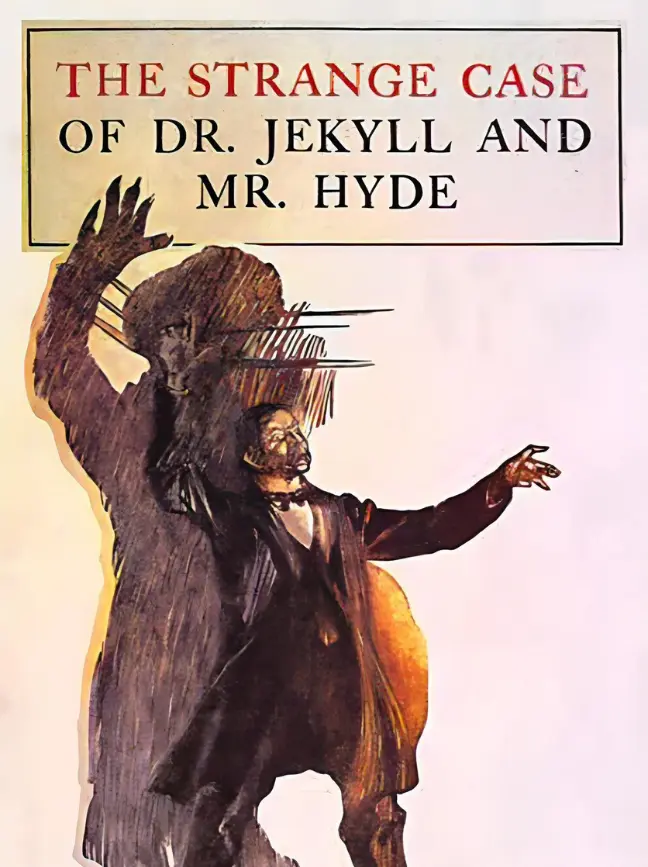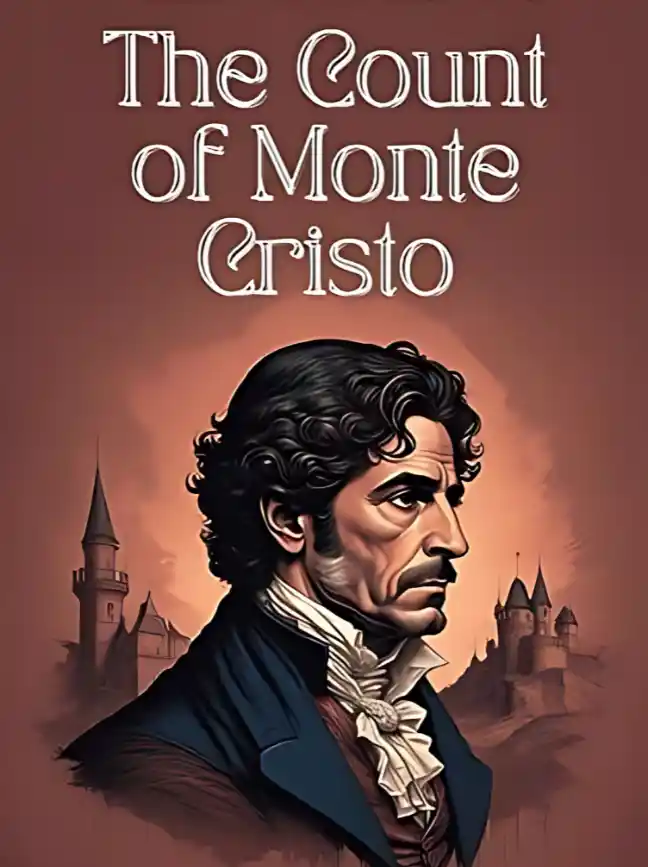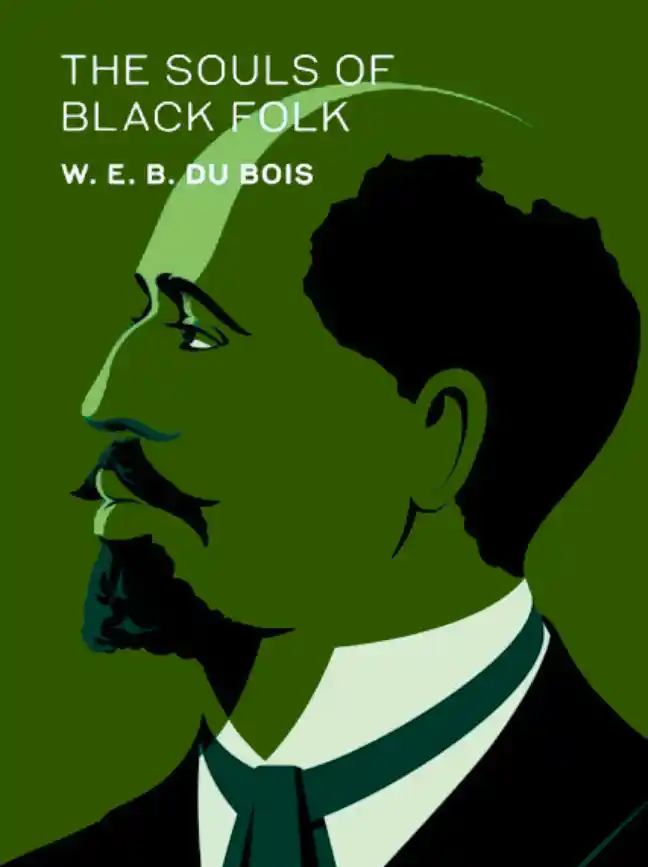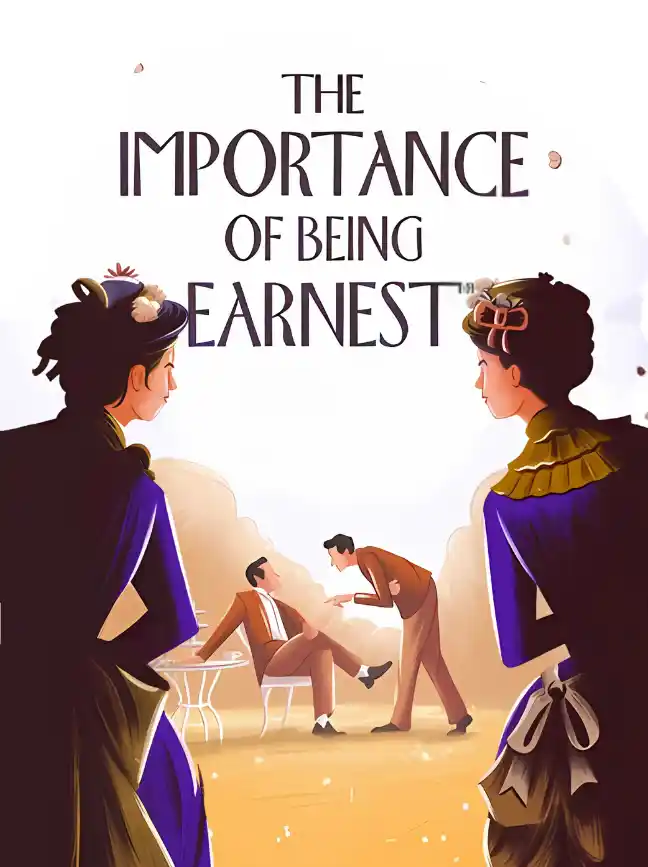From the Goddess to the Storm
Then Dawn rose up from bed with Lord Tithonus, to bring the light to deathless gods and mortals.
The gods sat down for council, with the great Thunderlord Zeus. Athena was concerned about Odysseus’ many troubles,
trapped by the nymph Calypso in her house.
“Father, and all immortal gods,” she said, “No longer let a sceptered king be kind, or gentle, or pay heed to right and wrong.
Let every king be cruel, his acts unjust! 10
Odysseus ruled gently, like a father, but no one even thinks about him now.
The wretched man is stranded on an island; Calypso forces him to stay with her.
He cannot make his way back to his country. He has no ships, no oars, and no companions to help him sail across the wide-backed sea. His son has gone for news of his lost father, in sandy Pylos and in splendid Sparta;
they plot to kill the boy when he returns!” 20
Smiling at her, Lord Zeus who heaps the clouds replied, “Ah, daughter! What a thing to say!
Did you not plan all this yourself, so that Odysseus could come and take revenge upon those suitors? Now use all your skill: ensure Telemachus comes safely home, and that the suitors fail and sail away.”
Then turning to his son he said, “Dear Hermes, you are my messenger. Go tell the goddess
our fixed intention: that Odysseus 30
must go back home—he has endured enough. Without a god or human as his guide,
he will drift miserably for twenty days upon a makeshift raft, and then arrive at fertile Scheria. The magical Phaeacians will respect him like a god,
and send him in a ship to his dear homeland,
with gifts of bronze and heaps of gold and clothing, more than he would have brought with him from Troy if he had come directly, with his share 40
of plunder. It is granted him to see
the ones he loves, beneath his own high roof, in his own country.”
Hermes heard these words.
At once he fastened on his feet the sandals of everlasting gold with which he flies
on breath of air across the sea and land; he seized the wand he uses to enchant men’s eyes to sleep or wake as he desires,
and flew. The god flashed bright in all his power. He touched Pieria, then from the sky 50
he plunged into the sea and swooped between the waves, just like a seagull catching fish, wetting its whirring wings in tireless brine.
So Hermes scudded through the surging swell. Then finally, he reached the distant island, stepped from the indigo water to the shore,
and reached the cavern where the goddess lived.
There sat Calypso with her braided curls. Beside the hearth a mighty fire was burning. The scent of citrus and of brittle pine 60
suffused the island. Inside, she was singing and weaving with a shuttle made of gold.
Her voice was beautiful. Around the cave a luscious forest flourished: alder, poplar, and scented cypress. It was full of wings. Birds nested there but hunted out at sea:
the owls, the hawks, the gulls with gaping beaks. A ripe and luscious vine, hung thick with grapes, was stretched to coil around her cave. Four springs
spurted with sparkling water as they laced 70
with crisscross currents intertwined together.
The meadow softly bloomed with celery and violets. He gazed around in wonder and joy, at sights to please even a god.
Even the deathless god who once killed Argos stood still, his heart amazed at all he saw.
At last he went inside the cave. Calypso,
the splendid goddess, knew the god on sight: the deathless gods all recognize each other,
however far away their homes may be. 80
But Hermes did not find Odysseus,
since he was sitting by the shore as usual, sobbing in grief and pain; his heart was breaking. In tears he stared across the fruitless sea.
Divine Calypso told her guest to sit
upon a gleaming, glittering chair, and said, “Dear friend, Lord Hermes of the golden wand, why have you come? You do not often visit.
What do you have in mind? My heart inclines to help you if I can, if it is fated. 90
For now, come in, and let me make you welcome.”
At that the goddess led him to a table
heaped with ambrosia, and she mixed a drink: red nectar. So mercurial Hermes drank
and ate till he was satisfied, and then
the diplomat explained why he had come.
“You are a goddess, I a god—and yet
you ask why I am here. Well, I will tell you. Zeus ordered me to come—I did not want to.
Who would desire to cross such an expanse 100
of endless salty sea? No human town
is near here, where gods get fine sacrifices. Still, none can sway or check the will of Zeus.
He says the most unhappy man alive is living here—a warrior from those
who fought the town of Priam for nine years and in the tenth they sacked it and sailed home. But on the journey back, they wronged Athena.
She roused the wind and surging sea against them
and all his brave companions were destroyed, 110
while he himself was blown here by the waves.
Zeus orders you to send him on his way at once, since it is not his destiny
to die here far away from those he loves.
It is his fate to see his family
and come back home, to his own native land.”
Calypso shuddered and let fly at him.
“You cruel, jealous gods! You bear a grudge whenever any goddess takes a man
to sleep with as a lover in her bed. 120
Just so the gods who live at ease were angry when rosy-fingered Dawn took up Orion, and from her golden throne, chaste Artemis
attacked and killed him with her gentle arrows. Demeter with the cornrows in her hair indulged her own desire, and she made love with Iasion in triple-furrowed fields—
till Zeus found out, hurled flashing flame and killed him.
So now, you male gods are upset with me
for living with a man. A man I saved! 130
Zeus pinned his ship and with his flash of lightning smashed it to pieces. All his friends were killed
out on the wine-dark sea. This man alone, clutching the keel, was swept by wind and wave, and came here, to my home. I cared for him
and loved him, and I vowed to set him free from time and death forever. Still, I know no other god can change the will of Zeus. So let him go, if that is Zeus’ order,
across the barren sea. I will not give 140
an escort for this trip across the water;
I have no ships or rowers. But I will
share what I know with him, and gladly give useful advice so he can safely reach
his home.”
The mediator, Zeus’ servant, replied, “Then send him now, avoid the wrath of Zeus, do not enrage him, or one day
his rage will hurt you.” With these words, he vanished.
Acknowledging the edict sent from Zeus,
the goddess went to find Odysseus. 150
She found him on the shore. His eyes were always tearful; he wept sweet life away, in longing
to go back home, since she no longer pleased him. He had no choice. He spent his nights with her inside her hollow cave, not wanting her
though she still wanted him. By day he sat out on the rocky beach, in tears and grief, staring in heartbreak at the fruitless sea.
The goddess stood by him and said, “Poor man!
Stop grieving, please. You need not waste your life. 160
I am quite ready now to send you off.
Using your sword of bronze, cut trunks and build a raft, fix decks across, and let it take you
across the misty sea. I will provide
water, red wine, and food, to stop you starving, and I will give you clothes, and send a wind
to blow you safely home, if this is what
those sky gods want. They are more powerful than me; they get their way.”
Odysseus, informed by many years of pain and loss, 170
shuddered and let his words fly out at her. “Goddess, you have some other scheme in mind, not my safe passage. You are telling me
to cross this vast and terrifying gulf,
in just a raft, when even stable schooners
sped on by winds from Zeus would not succeed? No, goddess, I will not get on a raft,
unless you swear to me a mighty oath
you are not planning yet more pain for me.”
At that, divine Calypso smiled at him. 180
She reached out and caressed him with her hand, saying, “You scalawag! What you have said shows that you understand how these things work. But by this earth, and by the sky above,
and by the waters of the Styx below,
which is the strongest oath for blessed gods, I swear I will not plot more pain for you.
I have made plans for you as I would do for my own self, if I were in your place.
I am not made of iron; no, my heart 190
is kind and decent, and I pity you.”
And with those words, the goddess quickly turned and led the way; he followed in her footsteps.
They reached the cave together, man and goddess.
The chair that Hermes had been sitting on was empty now; Odysseus sat there.
The goddess gave him human food and drink.
She sat and faced godlike Odysseus
while slave girls brought her nectar and ambrosia.
They reached to take the good things set before them, 200
and satisfied their hunger and their thirst.
The goddess-queen began. “Odysseus,
son of Laertes, blessed by Zeus—your plans are always changing. Do you really want
to go back to that home you love so much? Well then, good-bye! But if you understood how glutted you will be with suffering
before you reach your home, you would stay here with me and be immortal—though you might
still wish to see that wife you always pine for. 210
And anyway, I know my body is better than hers is. I am taller too. Mortals can never rival the immortals in beauty.”
So Odysseus, with tact,
said “Do not be enraged at me, great goddess. You are quite right. I know my modest wife Penelope could never match your beauty.
She is a human; you are deathless, ageless. But even so, I want to go back home,
and every day I hope that day will come. 220
If some god strikes me on the wine-dark sea,
I will endure it. By now I am used
to suffering—I have gone through so much, at sea and in the war. Let this come too.”
The sun went down and brought the darkness on.
They went inside the hollow cave and took the pleasure of their love, held close together.
When vernal Dawn first touched the sky with flowers, they rose and dressed: Odysseus put on
his cloak and tunic, and Calypso wore 230
her fine long robe of silver. Round her waist she wrapped a golden belt, and veiled her head. Then she prepared the journey for the man.
She gave an axe that fitted in his grip, its handle made of finest olive wood;
its huge bronze blade was sharp on either side. She also gave a polished adze. She led him out to the island’s end, where tall trees grew: black poplar, alder, fir that touched the sky,
good for a nimble boat of seasoned timber. 240
When she had shown him where the tall trees grew, Calypso, queen of goddesses, went home.
Odysseus began and made good progress.
With his bronze axe he cut down twenty trunks, polished them skillfully and planed them straight.
Calypso brought a gimlet and he drilled through every plank and fitted them together, fixing it firm with pegs and fastenings.
As wide as when a man who knows his trade marks out the curving hull to fit a ship, 250
so wide Odysseus marked out his raft.
He notched the side decks to the close-set frame and fixed long planks along the ribs to finish.
He set a mast inside, and joined to it
a yardarm and a rudder to steer straight.
He heaped the boat with brush, and caulked the sides with wickerwork, to keep the water out.
Calypso brought him fabric for a sail, and he constructed that with equal skill.
He fastened up the braces, clews and halyards, 260
and using levers, launched her on the sea.
The work had taken four days; on the fifth Calypso let him go. She washed and dressed him in clothes that smelled of incense. On the raft she put a flask of wine, a bigger flask
of water, and a large supply of food.
She sent him off with gentle, lukewarm breezes.
Gladly Odysseus spread out his sails
to catch the wind; with skill he steered the rudder.
No sleep fell on his eyes; he watched the stars, 270
the Pleiades, late-setting Boötes,
and Bear, which people also call the Plow, which circles in one place, and marks Orion— the only star that has no share of Ocean.
Calypso, queen of goddesses, had told him
to keep the Bear on his left side while sailing. He sailed the sea for seven days and ten,
and on the eighteenth day, a murky mountain of the Phaeacian land appeared—it rose
up like a shield beyond the misty sea. 280
Returning from the Ethiopians,
and pausing on Mount Solyma, Poseidon, Master of Earthquakes, saw the distant raft. Enraged, he shook his head and told himself,
“This is outrageous! So it seems the gods have changed their plans about Odysseus while I was absent! He has almost reached Phaeacia, where it is his destiny
to flee the rope of pain that binds him now.
But I will goad him to more misery, 290
till he is sick of it.”
He gathered up
the clouds, and seized his trident and stirred round the sea and roused the gusts of every wind,
and covered earth and sea with fog. Night stretched from heaven. Eurus, Notus, blasting Zephyr
and Boreas, the child of sky, all fell and rolled a mighty wave. Odysseus
grew weak at knees. He cried out in despair,
“More pain? How will it end? I am afraid
the goddess spoke the truth: that I will have 300
a sea of sufferings before I reach
my homeland. It is coming true! Zeus whirls the air. Look at those clouds! He agitates
the waves, as winds attack from all directions. I can hold on to one thing: certain death.
Those Greeks were lucky, three and four times over, who died upon the plain of Troy to help
the sons of Atreus. I wish I had
died that same day the mass of Trojans hurled
their bronze-tipped spears at me around the corpse 310
of Peleus’ son. I would have had
a funeral, and honor from the Greeks; but now I have to die this cruel death!”
A wave crashed onto him, and overturned the raft, and he fell out. The rudder slipped
out of his hands. The winds blew all directions and one enormous gust snapped off the mast. The sail and yardarm drifted out to sea.
Then for a long time rushing, crashing waves
kept him submerged: he could not reach the surface. 320
The clothes Calypso gave him weighed him down.
At last he rose and spat the sour saltwater
out of his mouth—it gushed forth in a torrent. Despite his pain and weakness, he remembered his raft, and lunged to get it through the waves; he climbed on top of it and clung to life.
The great waves carried it this way and that. As when the thistles, clumping close together, are borne across the prairie by the North Wind,
so these winds swept the raft across the sea. 330
The South Wind hurls it, then the North Wind grabs it, then East Wind yields and lets the West Wind drive it. But stepping softly, Ino, the White Goddess,
Cadmus’ child, once human, human-voiced, now honored with the gods in salty depths, noticed that he was suffering and lost,
with pity. Like a gull with wings outstretched she rose up from the sea, sat on the raft
and said,
“Poor man! Why does enraged Poseidon create an odyssey of pain for you? 340
But his hostility will not destroy you. You seem intelligent. Do as I say.
Strip off your clothes and leave the raft behind for winds to take away. With just your arms swim to Phaeacia. Fate decrees that there
you will survive. Here, take my scarf and tie it under your chest: with this immortal veil,
you need not be afraid of death or danger.
But when you reach dry earth, untie the scarf
and throw it out to sea, away from land, 350
and turn away.” With that, the goddess gave it, and plunged back down inside the surging sea, just like a gull. The black wave covered her.
The hero who had suffered so much danger was troubled and confused. He asked himself, “Some deity has said to leave the raft.
But what if gods are weaving tricks again? I will not trust her yet: with my own eyes I saw the land she said I should escape to,
and it is far away. I will do this: 360
as long as these wood timbers hold together, I will hang on, however hard it is.
But when the waves have smashed my raft to pieces, then I will have no choice, and I will swim.”
While he was thinking this, the Lord of Earthquakes,
Poseidon, roused a huge and dreadful wave that arched above his head: he hurled it at him.
As when a fierce wind ruffles up a heap
of dry wheat chaff; it scatters here and there;
so were the raft’s long timbers flung apart. 370
He climbed astride a plank and rode along as if on horseback. He took off the clothes Calypso gave him, but he tied the scarf around his chest, and dove into the sea,
spreading his arms to swim. The Lord of Earthquakes saw him and nodded, muttering, “At last
you are in pain! Go drift across the sea,
till you meet people blessed by Zeus, the Sky Lord.
But even then, I think you will not lack
for suffering.” He spurred his fine-maned horses, 380
and went to Aegae, where he had his home.
Athena, child of Zeus, devised a plan.
She blocked the path of all the other winds, told them to cease and made them go to sleep,
but roused swift Boreas and smoothed the waves in front of him, so that Odysseus
could reach Phaeacia and escape from death.
Two days and nights he drifted on the waves:
each moment he expected he would die.
But when the Dawn with dazzling braids brought day 390
for the third time, the wind died down. No breeze, but total calm. As he was lifted up
by an enormous wave, he scanned around, and saw the shore nearby. As when a father lies sick and weak for many days, tormented by some cruel spirit, till at last the gods restore him back to life; his children feel great joy; Odysseus felt that same joy
when he saw land. He swam and longed to set
his feet on earth. But when he was in earshot, 400
he heard the boom of surf against the rocks. The mighty waves were crashing on the shore, a dreadful belching. Everything was covered
in salty foam. There were no sheltering harbors for ships, just sheer crags, reefs and solid cliffs. Odysseus’ heart and legs gave way.
Shaken but purposeful, he told himself,
“Zeus went beyond my hopes and let me see dry land! I made it, cutting the abyss!
But I see no way out from this gray sea. 410
There are steep cliffs offshore, and all around the rushing water roars; the rock runs sheer; the sea is deep near shore; there is no way
to set my feet on land without disaster.
If I attempt to scramble out, a wave
will seize and dash me on the jagged rock; a useless effort. But if I swim on farther,
looking for bays or coves or slanting beaches, storm winds may seize me once again and drag me,
howling with grief, towards the fish-filled sea. 420
A god may even send a great sea-monster, the kind that famous Amphitrite rears.
I know Poseidon wants to do me harm.”
As he was thinking this, the waves grew big and hurled him at the craggy shore. His skin
would have been ripped away, and his bones smashed, had not Athena given him a thought.
He grabbed a rock as he was swept along with both hands, and clung to it, groaning, till
the wave passed by. But then the swell rushed back, 430
and struck him hard and hurled him out to sea. As when an octopus, dragged from its den, has many pebbles sticking to its suckers,
so his strong hands were skinned against the rocks. A mighty wave rolled over him again.
He would have died too soon, in misery, without the inspiration of Athena.
He came up from the wave that spewed to shore and swam towards the land, in search of beaches
with gradual slopes, or inlets from the sea. 440
He swam until he reached a river’s mouth with gentle waters; that place seemed ideal,
smooth and not stony, sheltered from the wind. He sensed its current; in his heart he prayed,
“Unknown god, hear me! How I longed for you! I have escaped the salt sea and Poseidon.
Even the deathless gods respect a man who is as lost as I am now. I have
gone through so much and reached your flowing streams. Pity me, lord! I am your supplicant.” 450
The current ceased; the River God restrained
the waves and made them calm. He brought him safe into the river mouth. His legs cramped up;
the sea had broken him. His swollen body
gushed brine from mouth and nostrils. There he lay, winded and silent, hardly fit to move.
A terrible exhaustion overcame him.
When he could breathe and think again, he took the goddess’ scarf off, and let it go
into the river flowing to the sea; 460
strong currents swept it down and Ino’s hands took it. He crawled on land and crouched beside the reeds and bent to kiss life-giving earth,
and trembling, he spoke to his own heart.
“What now? What will become of me? If I stay up all wretched night beside this river, the cruel frost and gentle dew together
may finish me: my life is thin with weakness. At dawn a cold breeze blows beside the river.
But if I climb the slope to those dark woods 470
and go to rest in that thick undergrowth, letting sweet sleep take hold of me, and losing
my cold and weariness—wild beasts may find me and treat me as their prey.”
But he decided to go into the woods. He found a place
beside a clearing, near the water’s edge.
He crawled beneath two bushes grown together, of thorn and olive. No strong wet wind could blow
through them, no shining sunbeam ever strike them,
no rain could penetrate them; they were growing 480
so thickly intertwined. Odysseus
crept under, and he scraped a bed together, of leaves: there were enough to cover two against the worst of winter. Seeing this, the hero who had suffered for so long
was happy. He lay down inside and heaped more leaves on top. As when a man who lives out on a lonely farm that has no neighbors buries a glowing torch inside black embers
to save the seed of fire and keep a source— 490
so was Odysseus concealed in leaves. Athena poured down sleep to shut his eyes so all his painful weariness could end.






